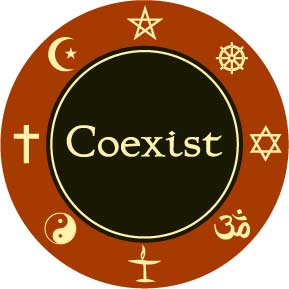The task of interreligious dialogue isn't only a task for leaders of the world's religions, but rather one that corresponds to every member of the Church, says the archbishop of Westminster. Archbishop Vincent Nichols, who is also the president of the episcopal conference of England and Wales, noted this in the introduction to a teaching document of the conference on interreligious dialogue.In his introduction to the 102-page text titled "Meeting God in Friend and Stranger: Fostering Mutual Respect and Understanding Between the Religions," the archbishop stated that there are those who believe that religious beliefs "are divisive and, at worst, belittling."
The Catholic faith, Archbishop Nichols continued, "instructs us and guides us not only in the unique pathway to God through Jesus Christ, but also in the manner in which we are to learn about and cooperate with people of other faiths."That work of learning about and cooperating with other faiths, he added, is "a task and a duty which falls to us all."
"Our parishes often include Catholics from Africa, India, Vietnam, South America, the Caribbean and the Philippines, not to mention those who came from Poland and Italy in the 1940s, and the immigrants from Eastern Europe over the past few years." The bishops note that the Church in the United Kingdom "has been greatly enriched by this diversity, showing us how the one Gospel can be 'inculturated' in many different ways."
"To turn away from even the attempt to dialogue is to despair of the power of God and of his risen Son to advance his own Kingdom of peace and love," the text adds. "It is to forget that the work of dialogue, as with all forms of evangelization, is not our work at all, but his. We are merely his 'earthen vessels,' whose limitations show that the extraordinary power belongs to God, and does not come from us."
|
An International Missionary Outreach Dedicated to Evangelizing the Lost By Sharing The Gospel According to the Scriptures
|

Goals And Objectives
Statement Of Faith
History Of Ministry
Speaking Schedule
Letters To The Ministry
Ministry Updates
 |
|

|
Overview Of Mission South Africa |
|
 |
|
|
|



